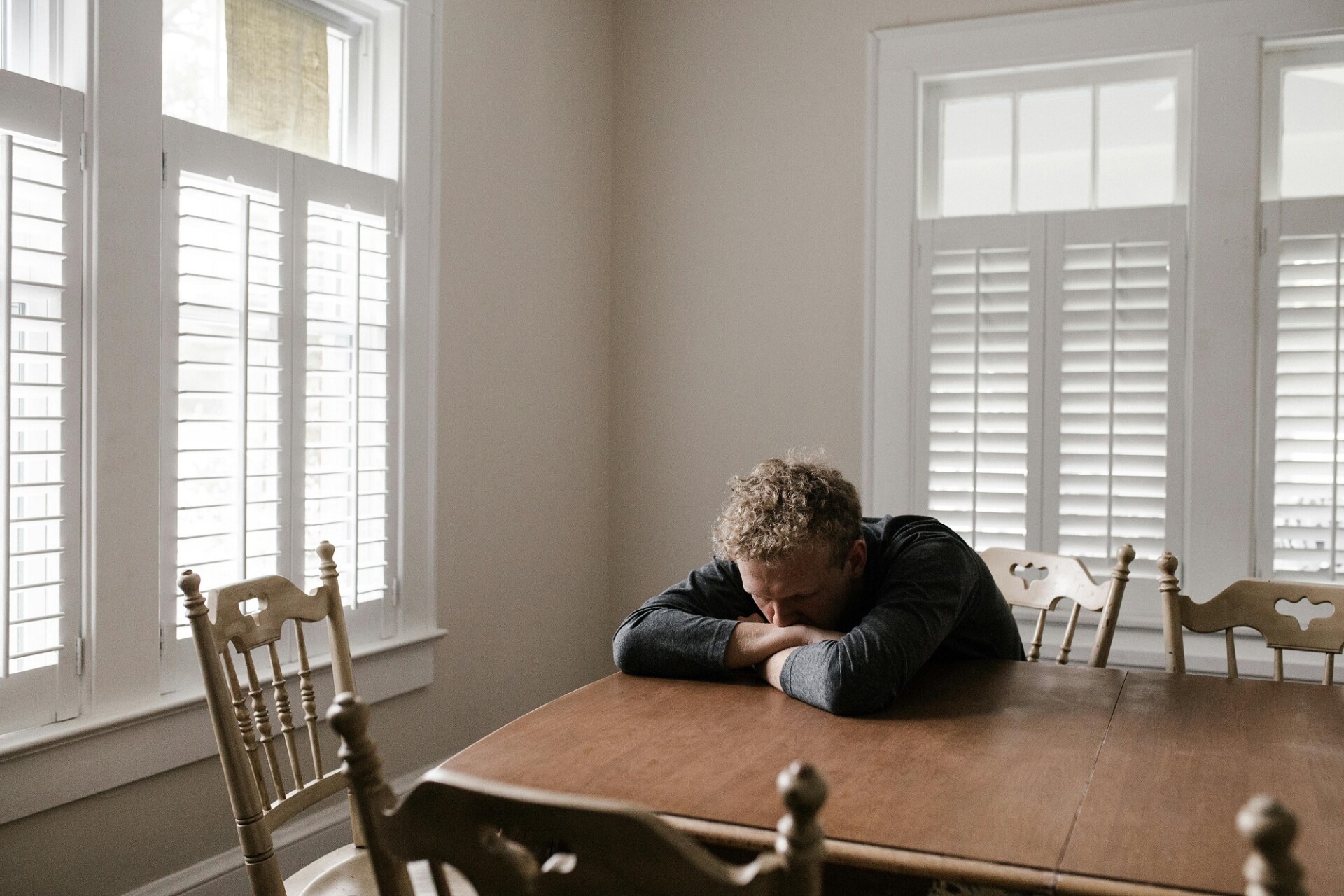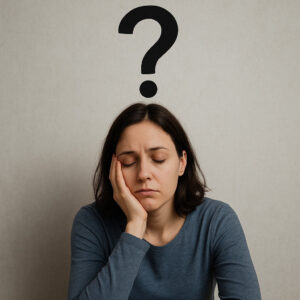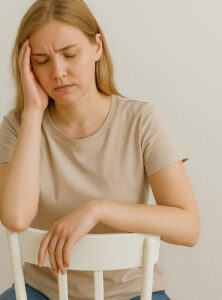There are a few reasons that stand out when it comes to being fatigued after eating. Here are a few ideas and tips to help you avoid the dreaded energy slump.
Four Causes of Feeling Fatigued After Eating
1. Low cortisol
If you eat a meal that has a lot of carbohydrates, your body will produce insulin in response. insulin lowers the blood sugar and sometimes it does it very well and that can then cause a drop of your blood sugar below baseline. In some people who may have low cortisol, it can be very problematic and there can be an overwhelming sense of sleepiness after a meal. Cortisol hormone is produced by the adrenal glands which sit on the kidneys. One of the jobs of the adrenal glands production of cortisol is to oppose insulin. In other words it increases your blood sugar back to Baseline after insulin lowers your blood sugar. After prolonged periods of stress, and increased amounts of cortisol production, eventually the gland will stop producing cortisol. This is called adrenal fatigue. Other signs of adrenal fatigue might be that you also wake up feeling not refreshed. you can get dizzy when you stand up quickly when you have low cortisol. and Some people have a surge of cortisol at night before bed. testing for cortisol is not as reliable via the standard blood test as it is via saliva testing. if you have adrenal fatigue it would be important to not eat high carb meals as this problem will most certainly happen, it would be best to eat balanced meals or meals primarily of protein and vegetables skipping the carbohydrates. and definitely if you’re going to have something sweet to have it alongside of a protein. (1)
2. Food intolerance
Another cause of feeling tired after eating may be due to a food intolerance. This is when your body can’t properly digest or assimilate a certain food group. It’s well established that gluten and dairy are common food intolerances, but there are others. If you also have some level of gastrointestinal distress such as abdominal cramping or pain, gas or bloating that happens after a meal, in addition to the fatigue, then suspect it is a food intolerance that’s contributing to the problem. (2)
3. Poorly controlled blood sugar
Another cause for fatigue after eating is poorly controlled blood sugar. If you eat a meal then feel fatigued and also have a level of brain fog and or blurry vision or dizziness, then this may be the case for you. It’s important to get your blood sugar checked. periodically to make sure this is not happening as it can be very detrimental to prolong treatment and/or medication for this condition. an optimal fasting blood glucose on a blood test should be around 85. Also you would need to get your hemoglobin A1c tested and an optimal level for this marker is between 5 and 5.3. The hemoglobin A1c is a 24/7, 3 months average of your blood sugar. Another marker in the blood to check is fasting insulin. and the optimal level is on the low end, less than 8. (3)
4. Overeating
Finally, another cause for fatigue after eating can be that you simply ate more than you need. The digestion process takes a lot of energy and it can be overwhelmed by very large meals. If you suspect this is happening try eating half as much and see if the problem improves. (4)
Tips to avoid feeling fatigued after eating
- Stop eating before you’re full
- Skip the processed quick foods and focus on eating whole foods, nutritious foods, that have a high nutrient density such as grass-fed meats, pasture raised chicken, salads, steamed vegetables and whole grains.
- Try eating low carb with three quarters of your plate being raw or cooked vegetables and one quarter protein and skip the carbs.
- Skip dessert, as the high sweet content could turn out bringing your sugar down below baseline.
- Stay hydrated. Not drinking enough water can make you feel more hungry than you would normally be. To stay hydrated, drink half your body weight in ounces of pure, filtered water every day.
In conclusion, these tips may work, but if the problem persists, talk to your doctor and investigate the possible causes of low cortisol, food intolerances or high blood sugar and insulin.
- Lee SC, Baranowski ES, Sakremath R, Saraff V, Mohamed Z. Hypoglycaemia in adrenal insufficiency. Front Endocrinol (Lausanne). 2023 Nov 20;14:1198519. doi: 10.3389/fendo.2023.1198519. PMID: 38053731; PMCID: PMC10694272.
- Manu P, Matthews DA, Lane TJ. Food intolerance in patients with chronic fatigue. Int J Eat Disord. 1993 Mar;13(2):203-9. doi: 10.1002/1098-108x(199303)13:2<203::aid-eat2260130208>3.0.co;2-u. PMID: 8477289.
- Fritschi C, Park C, Quinn L, Collins EG. Real-Time Associations Between Glucose Levels and Fatigue in Type 2 Diabetes: Sex and Time Effects. Biol Res Nurs. 2020 Apr;22(2):197-204. doi: 10.1177/1099800419898002. Epub 2020 Feb 3. PMID: 32008368; PMCID: PMC7273801.
- Reyner LA, Wells SJ, Mortlock V, Horne JA. ‘Post-lunch’ sleepiness during prolonged, monotonous driving – effects of meal size. Physiol Behav. 2012 Feb 28;105(4):1088-91. doi: 10.1016/j.physbeh.2011.11.025. Epub 2011 Dec 6. PMID: 22155490.







